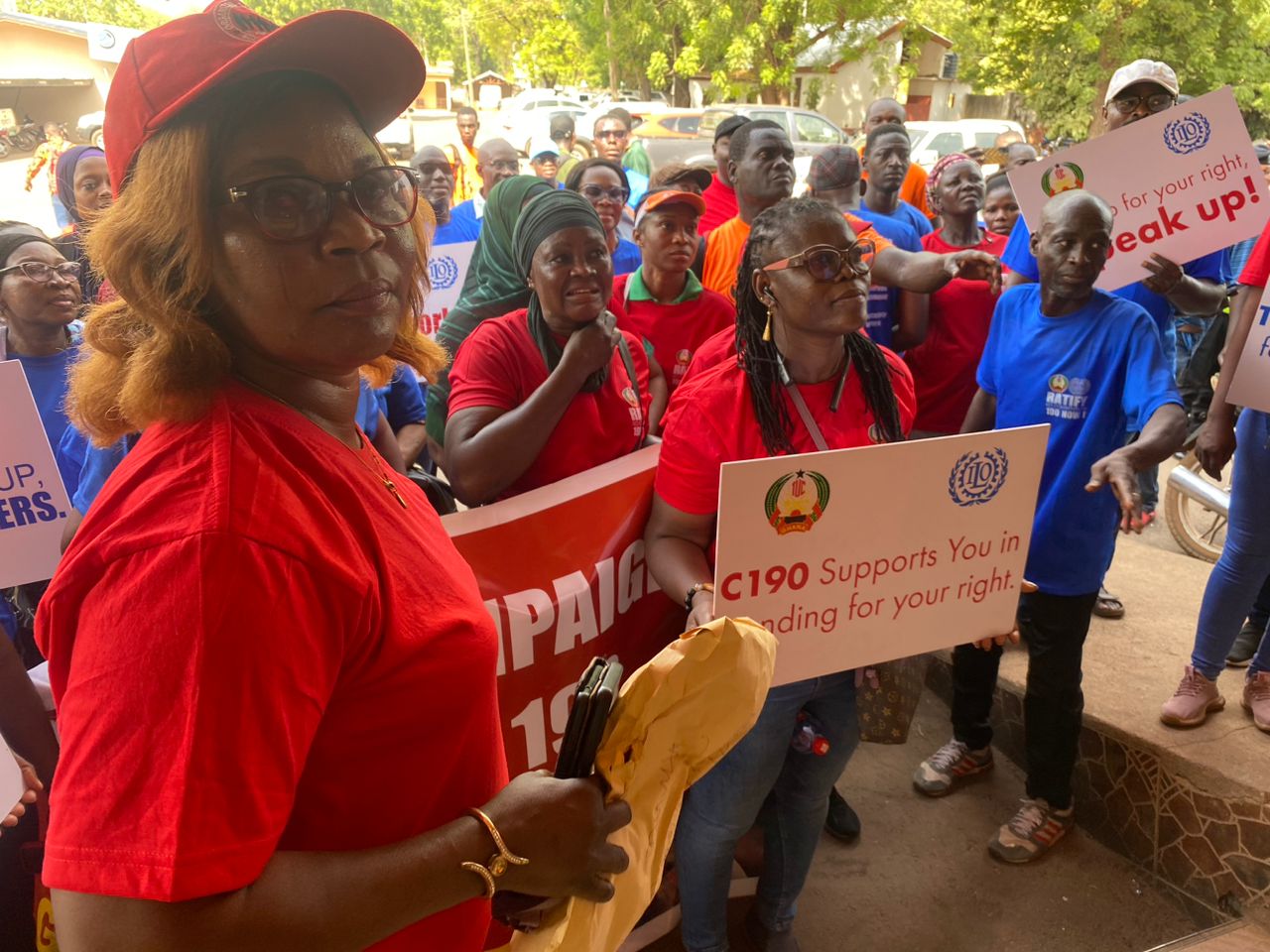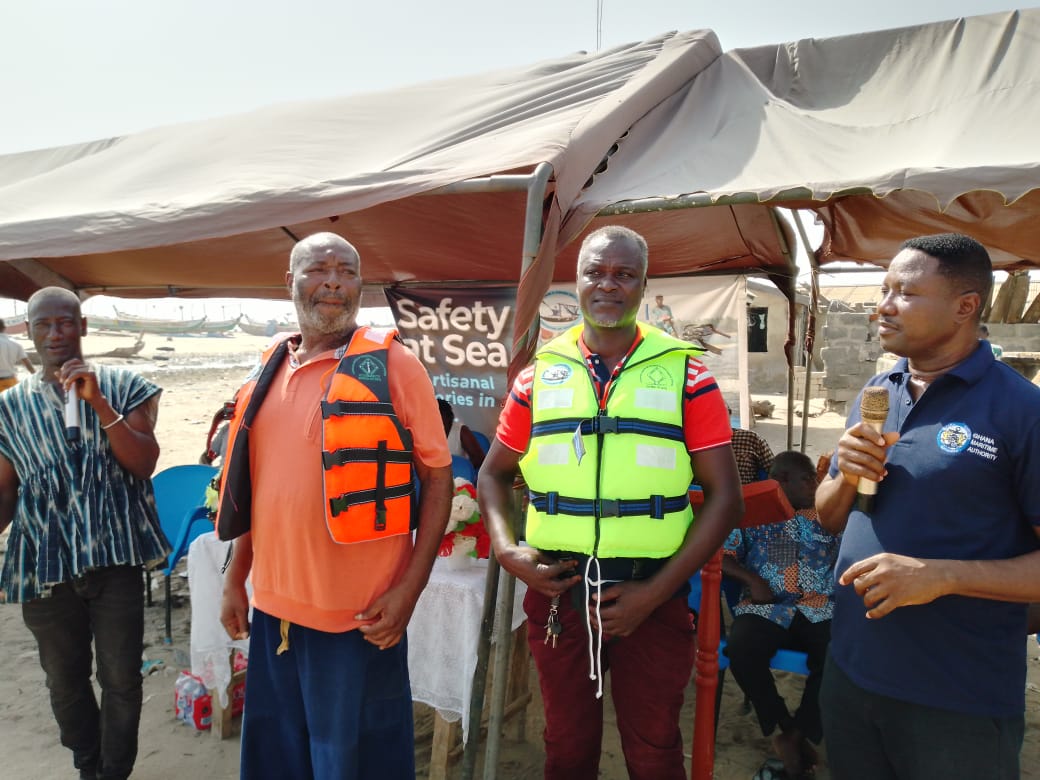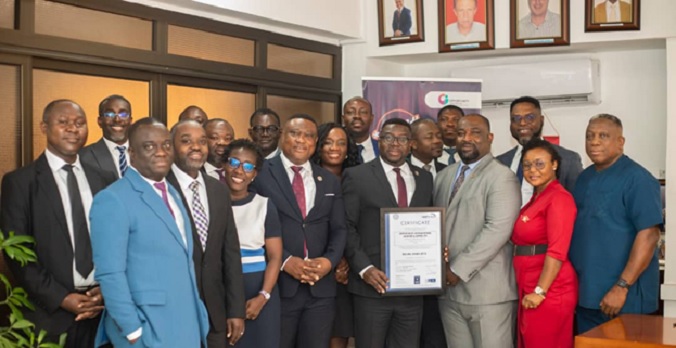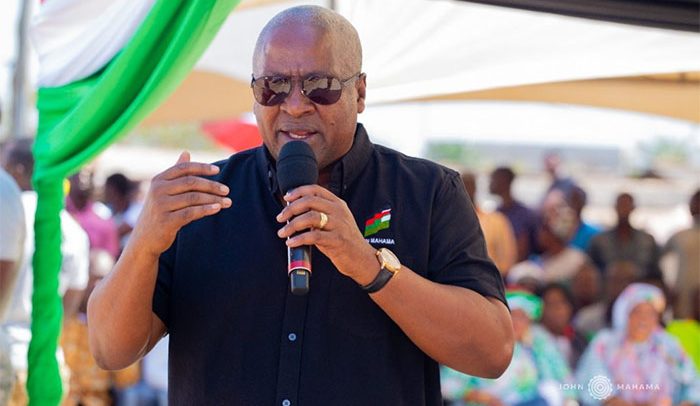
The Executive Coordinator of PENAf was full of praise particularly for GPHA’s implementation of the MARPOL 73/78 protocol in 2004 even before the Republic of Ghana officially domesticated the international convention.
He said, “this GPHA story has not been highlighted enough. Normally international conventions would have to be domesticated before you take action to implement them. The Port Authority at the time did not wait for the country because they identified themselves with the international situation because IMO is for us all. This doesn’t happen in most cases. It is one of the best practices that should be shared for Port Authorities to know. Most Port Authorities have some level of autonomy to initiate their own action.”
The International environmental consultant, who was speaking on the Eye on Port programme, added that the indirect method of charging vessels who call the ports environmental fee is one that is gradually being adopted globally.
Dr. Barnes-Dabban indicated that, “even in Europe they are now moving towards this indirect system of payment even though they have existed for these many years. I guess Ghana has taken the lead in some of these things.”
He explained that “the Port Authority charges this fee to all vessels, whether you have waste to pay or not. If you compare this practice to some places in Africa and other places, ships only pay for waste that they discharge under a direct fee system. That encourages ships to not discharge properly at ports. This defeats the spirit of MARPOL which wants to prevent shipping pollution.”
Also touching on the subject, the General Manager in charge of Estate and Environment at the Ghana Ports and Harbours Authority, James Benjamin Gaisie reinforced Dr. Barnes-Dabbans' assertion and opined that this indirect payment system demotivates vessels’ crew from dumping their waste improperly, because “they pay for it regardless. There’s no way a shipping line will pay for service and refuse to be served.”
Mr. Gaisie said the fee is one that is not profit-oriented but rather to cater for the service.
“In determining the fee to be charged, the cost is only for handling the waste and disposal. There is no profit element in this, so the port isn’t even directly benefitting from this.”
The General Manager, Estate and Environment at GPHA also said it was in line with the government’s policy to empower the private sector in port operations that the Authority ceded the delivery of waste management services to private companies.
He however noted that rigorous procedures are adopted by the port to ensure that the operators are licensed and have the adequate capacity to execute the said function.
Mr. Gaisie said, “they had to provide infrastructure and equipment to handle this waste. To ensure that the objective of reducing or minimizing pollution by vessels, all the companies that were given the concession did an environmental impact assessment and obtained a permit from EPA. In that way EPA would be directly monitoring the process to ensure the collection, treatment and disposal have followed the national waste regulations.”
The representative from the Ghana Ports and Harbours Authority said the Authority has made deliberate efforts to have regular consultation and meetings with various stakeholders in the port to further streamline their activities so as to ensure these waste management services are provided at optimal efficiency.
The International Convention for the Prevention of Pollution from Ships, 1973 as modified by the Protocol of 1978 (MARPOL) is one of the most important international marine environmental conventions. It was developed by the International Maritime Organization with an objective to minimize pollution of the oceans and seas, including dumping, oil, and air pollution. Read Full Story
























Facebook
Twitter
Pinterest
Instagram
Google+
YouTube
LinkedIn
RSS